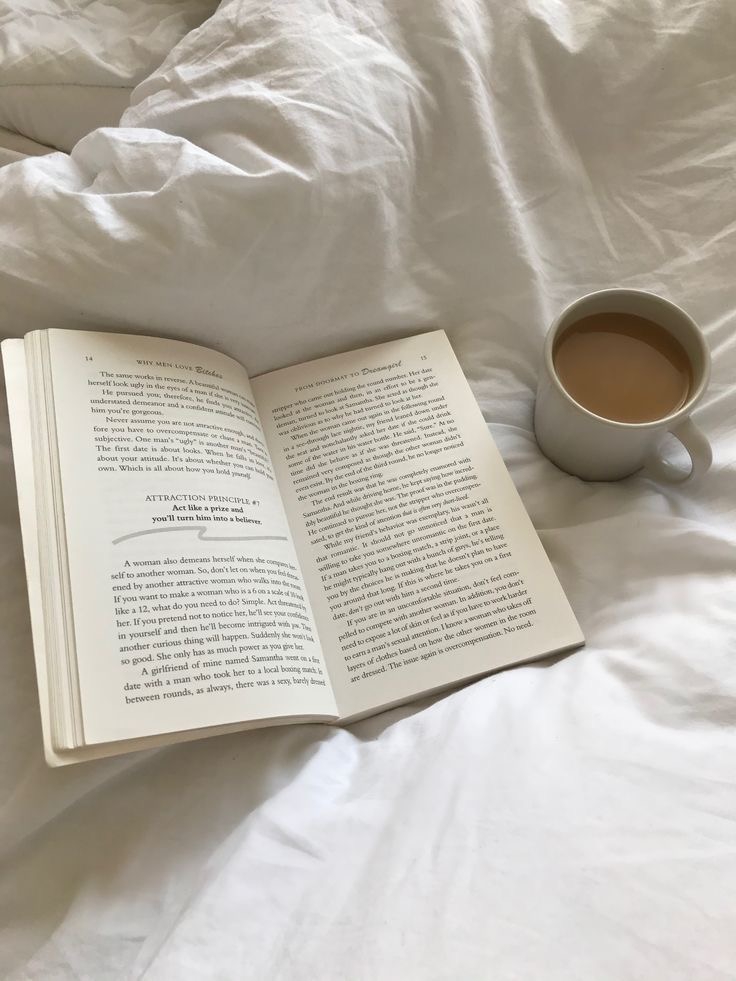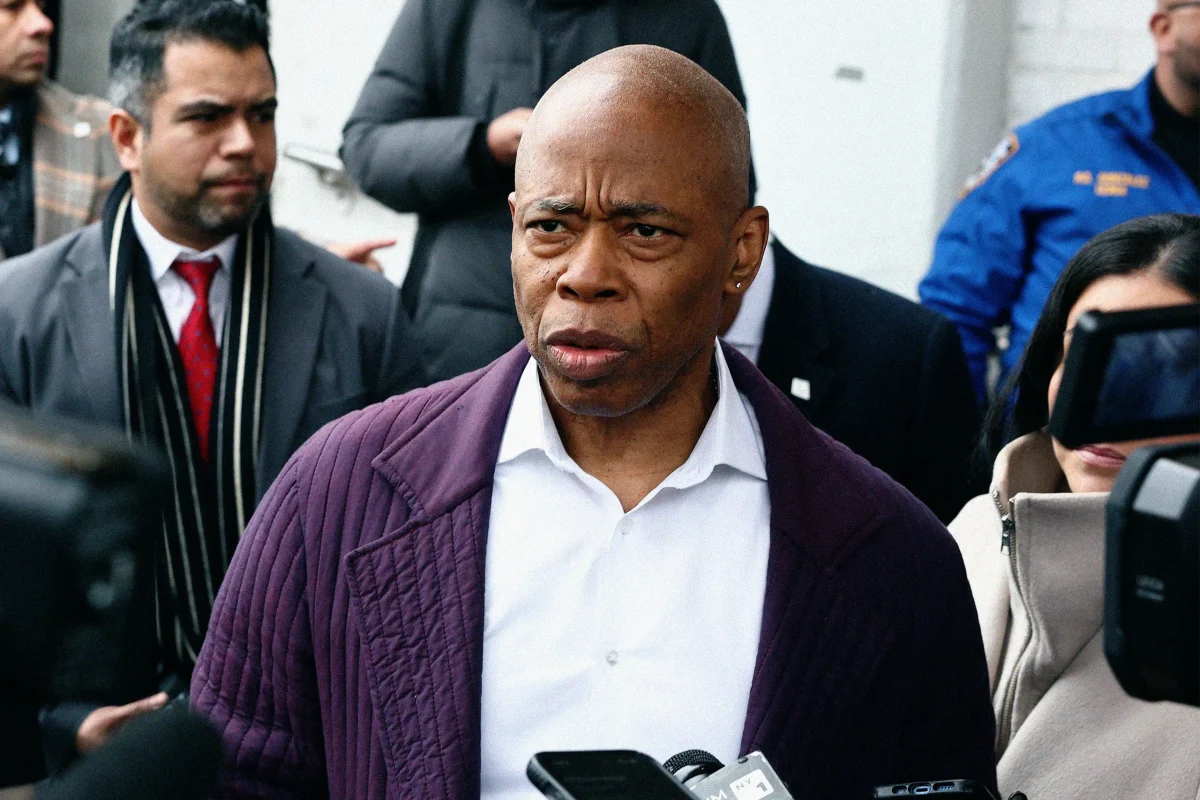
Fighting for justice is not effortless. Something many people only ever see on their favorite TV show is far more involved than others may believe. Gina Barton from USA Today shares her background, process, work ethic, and achievements as an investigative reporter.
Gina Barton knew she wanted to be a writer since the 7th grade. This sparked her interest in the field of journalism, and her friend’s mother stated that she encouraged this concept. During her childhood, around the Chicago area, she was extremely close to Northwestern University, one of the best schools for a Bachelor of Science in Journalism (BSJ).
Once enrolled and accepted into Northwestern her classes quickly led her to realize that “accuracy is the most important thing in journalism.” Due to her basic-writing class, if one mistake was made you receive a failing grade for that assignment. After Graduation Gina Barton replied that she got a job in West Virginia because of internships. Succeeding multiple internships, Barton obtained an opportunity to work as an investigative reporter in Milwaukee, Wisconsin. Barton states that during her time in Milwaukee, her “career really took off.”
When the first investigative team was formed she achieved her dream job as a criminal justice investigative reporter. She also started to dive into podcasts at Milwaukee Journal Sentinel, which is named Unsolved, thus, generating her to “make a name for herself”. This caught the attention of USA Today, and she was invited to work on numerous projects during her time in Milwaukee. When many of these projects were concluded, she proposed to USA Today the possibility of working for their team, and they agreed.
As previously mentioned, being an investigative journalist is far more complicated than it may seem: bringing justice and shining light on sensitive and disturbing stories takes research, mental composure, and most importantly, passion.
Barton believes in the importance of setting boundaries on certain issues and taking a break when needed for mental health. She discloses, “If you don’t set limits to how much of that you’re exposing yourself to, it can get very psychologically difficult.” Barton further expresses that she has a husband and therapist who help with any burdens this career may cause. To maintain a life-work balance she talks about separating work, personal numbers, and carving out family time. She speaks about how easy it was to work when she was young, but it’s not the same now. Being a mother is a lively task, and managing work is needed to keep your mind at ease.
Getting information firsthand is what Barton looks for when writing articles. She does this by getting access to records, calling experts, interviewing, and being at the scene. She brought up police brutality and the George Floyd protests as an example of what it’s like to be on the scene and where it may be useful to gather first-hand information. Alongside finding information, identifying misinformation is a struggle that Barton faces. She lives by the term “Trust but verify” due to the need for accurate information. People lie a lot. When fact-checking the claims by the interviewee she finds it useful to make an additional document so that when the public calls for accuracy it’s clear to find.
The process of writing articles differs for every investigative reporter’s career. At the beginning of Gina Barton’s career, she could write one to three stories per day. This changed drastically as the years went on because now she can take up to a year on some articles she produces. Podcasts are added to where she sees fit for some reports. To produce these articles she claims it takes a lot of spreadsheets and reading, “It’s not as glamorous as people think” Barton states. These articles take passion as well because you have the creative liberty to pick what to write. Furthermore, “no two days are the same” for an investigative reporter. These days vary from reading spreadsheets to going out to events, working until midnight, or deciding you want the day off.
As a result of Gina Barton’s articles and her ways of writing, she achieved several awards for her work. Her motive is never for the awards but she still believes it’s an amazing experience. She always wants to show the public that people need to be held accountable for their actions. These rewards, at times, come with money, trips, or award ceremonies. The George Polk Award came with an elaborate ceremony held in New York. This award was achieved due to an article she wrote about a man dying in police custody. She would then go on to meet some of her biggest idols during this ceremony, including Christiane Amanpour. Barton told her how much she loved her work, and then she responded how much she admired Barton’s work as well.
From being a 7th grader to now an adult pursuing her dream job is something everyone wants to achieve. To this day, Gina Barton continues to use her knowledge to educate individuals because this career path is also her favorite hobby. Waking up and getting paid to do something you love is a dream come true. Even if you do not want to be an investigative reporter; anyone can learn something from Gina Barton’s involvement within journalism. How would you strive to make a positive impact with your career?












